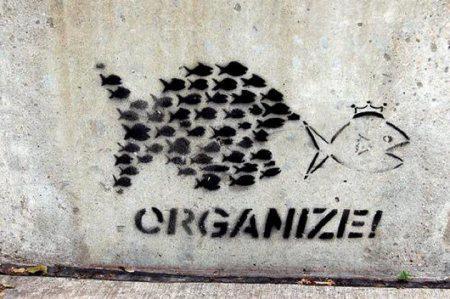Forget Net Neutrality for a moment. Did you know that your internet could be facing a much deeper competitive threat?
Not in your internet provider's network, but in your building society.
#Thread
So you should have a wide variety of ISPs to choose from. Right?
Not really.
Water, sewage, electricity.
But these utilities are provided only by your municipality, and not by private operators, like the internet is.
Not so with private internet providers.
Every Internet provider needs to install equipment in-building to reach you, and building associations can just refuse that access.
This is already happening in India. There are entire apartment complexes 'powered' by a single ISP.
This means any ISP can just hook into a hub and get started.
But if there is no infrastructure cost for large ISPs, they are able to pay an exorbitant amount of money to the building management to monopolize their access to that hub.
This could be a large ISP like Airtel, or a small one with political connections.
In any case, market choice is endangered, and consumers are worse off.
- Hub neutrality: all ISPs need equal access to a building's network infrastructure.
- Fair terms; Internet is a utility. Buildings must not heavily add to the costs of internet providers, which are passed on to consumers.
- A telecom duct.
(Remember, buildings have many reasons to refuse access to ISPs)
Last year, TRAI issued a consultation paper to figure out how telecom companies — and their consumers — can get out of this mess.
Side-note: Even wireless telecom companies sometimes need in-building access to boost signals.
TRAI went ahead and issued recommendations.
This was in January 2017.
In absence of regulations, the telecom market for you will continue to be skewed, regardless of how many broadband providers operate in your area.
TRAI release on in-building telecom infrastructure recommendations: trai.gov.in/sites/default/…
My piece from earlier this year on this issue for MediaNama: medianama.com/2017/10/223-tu…




